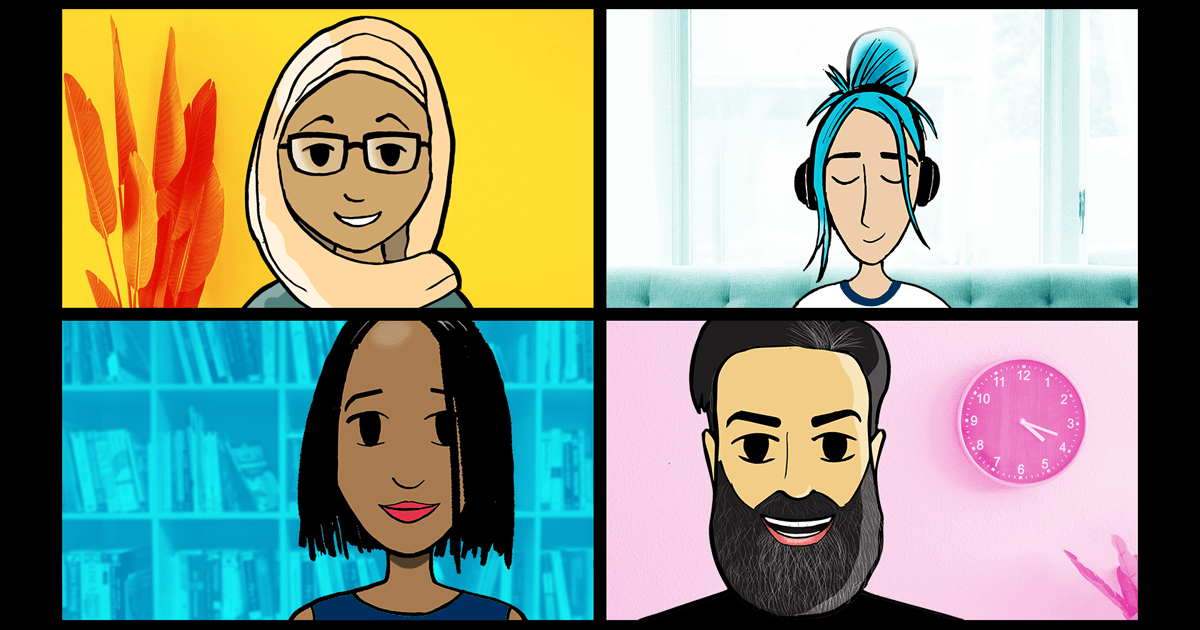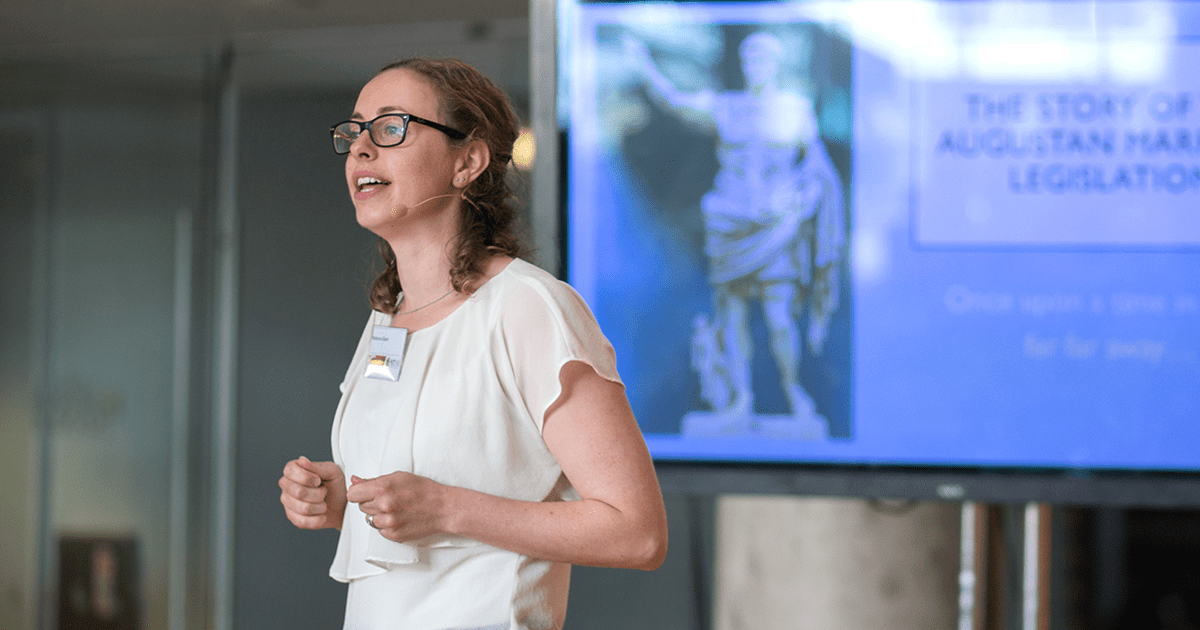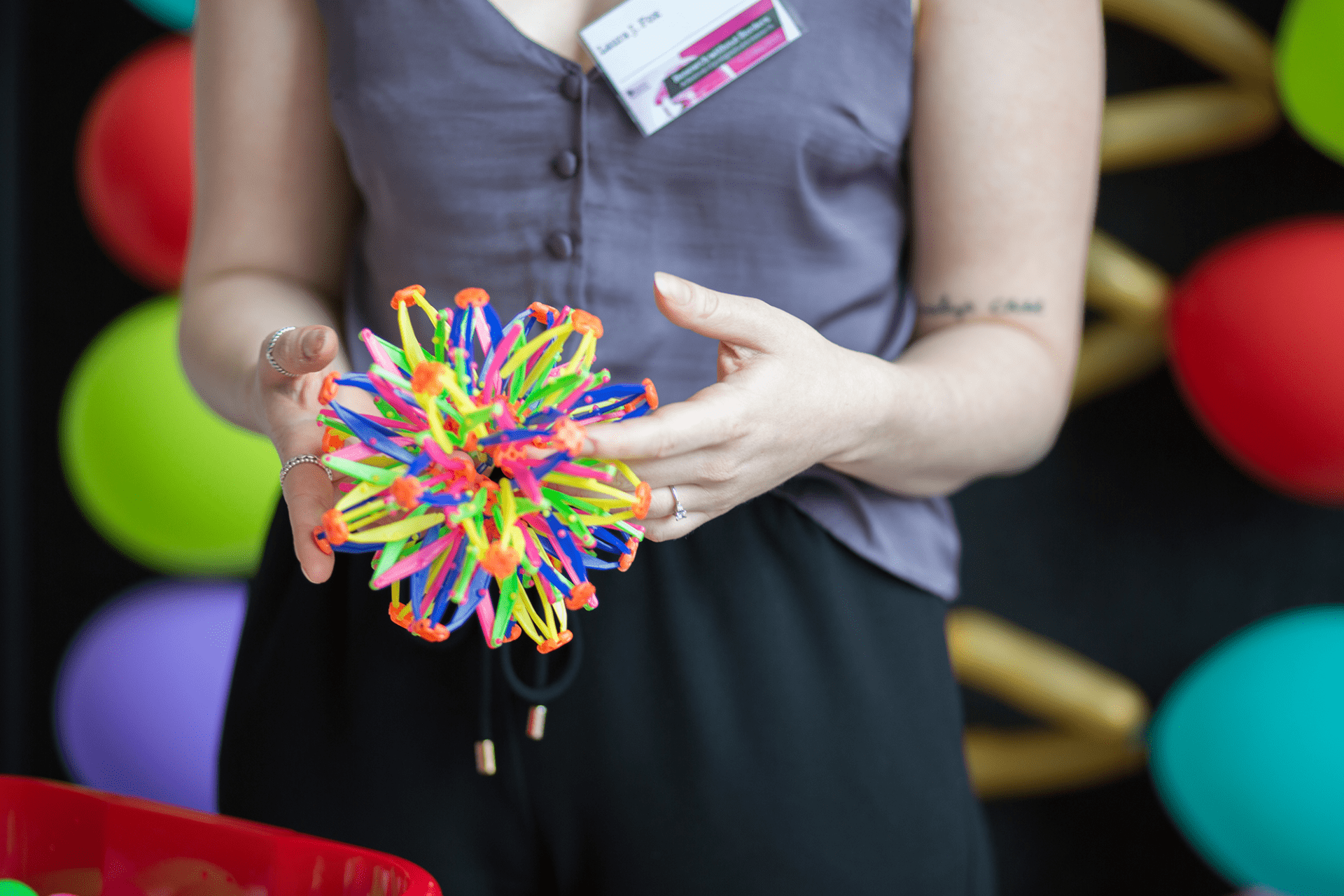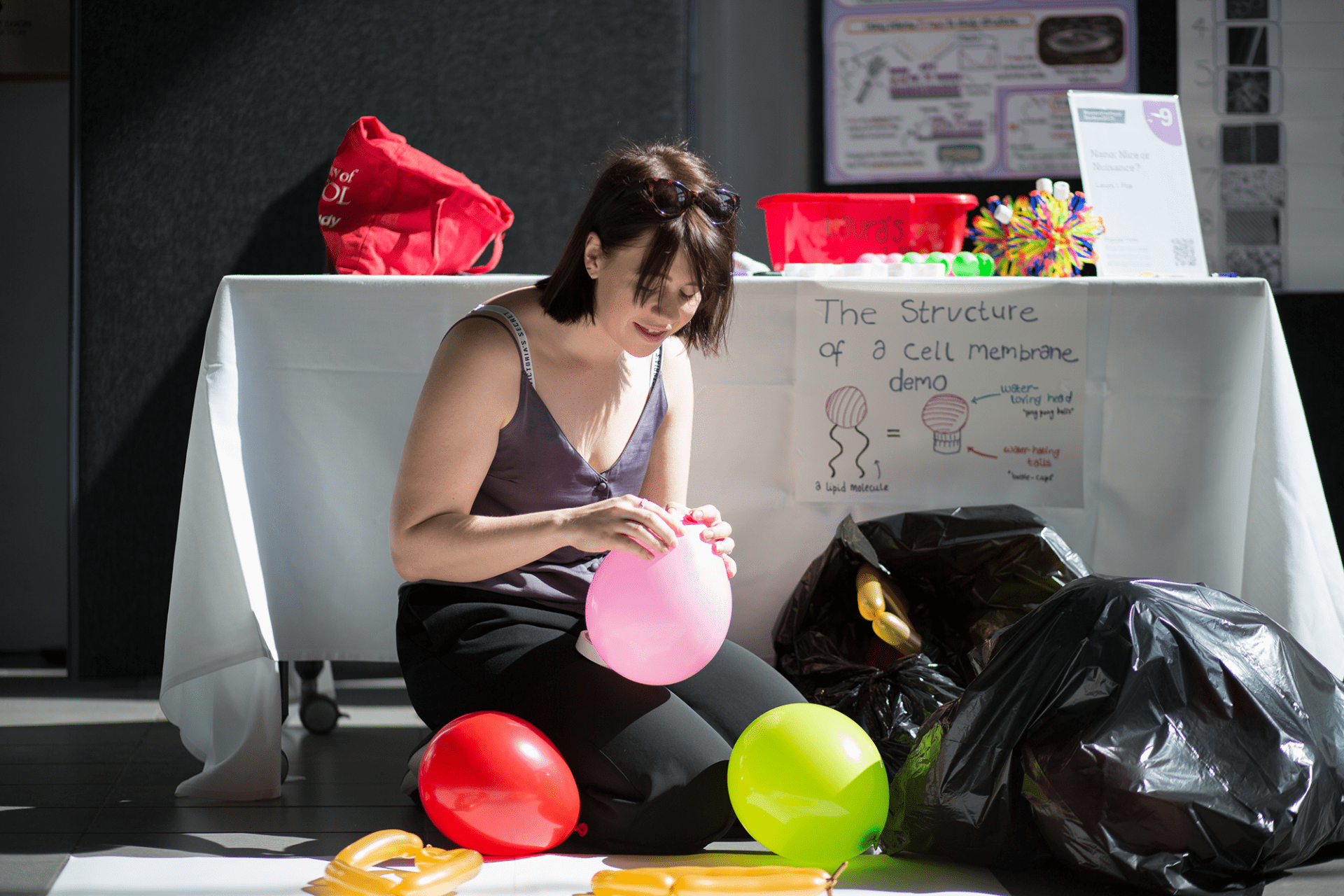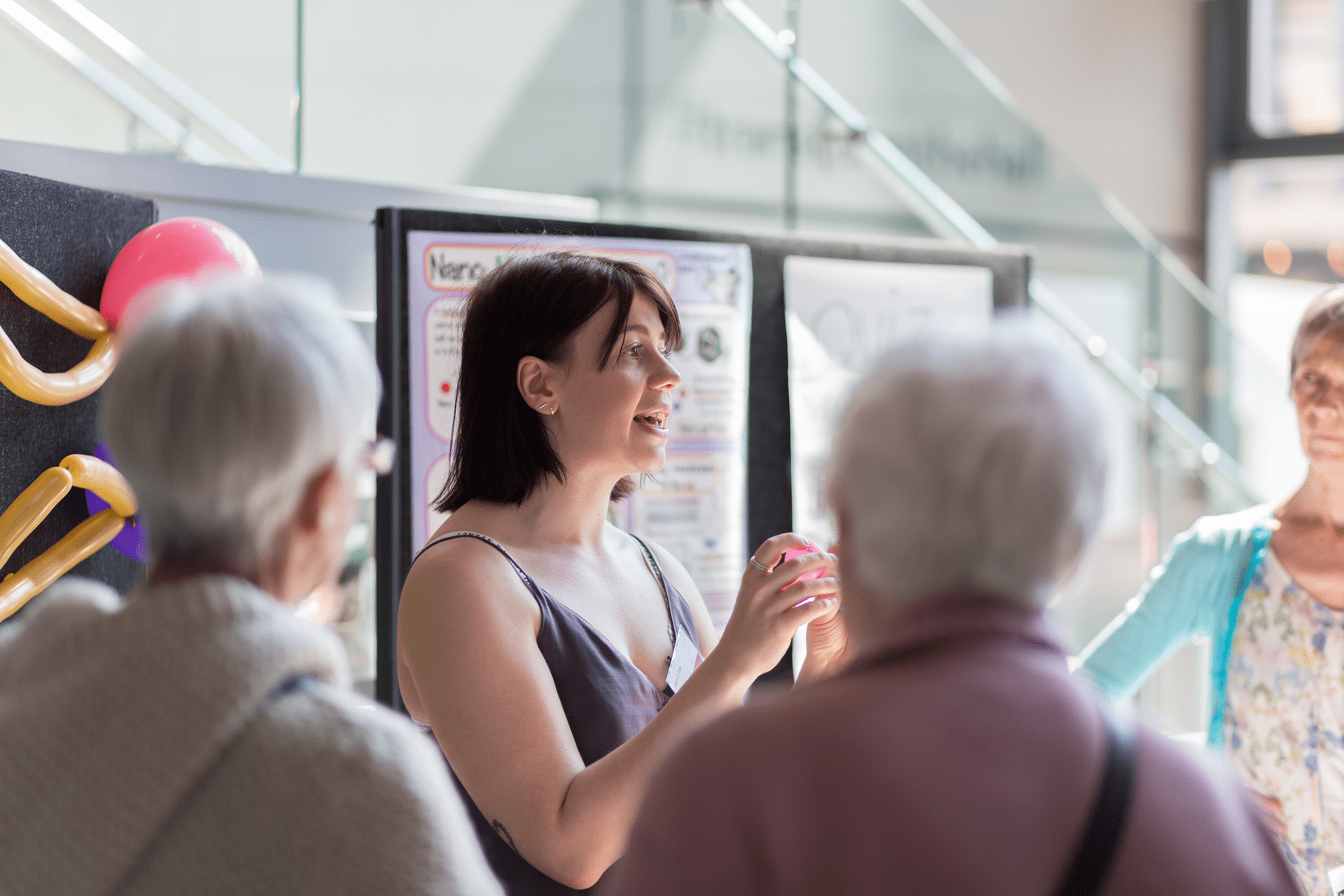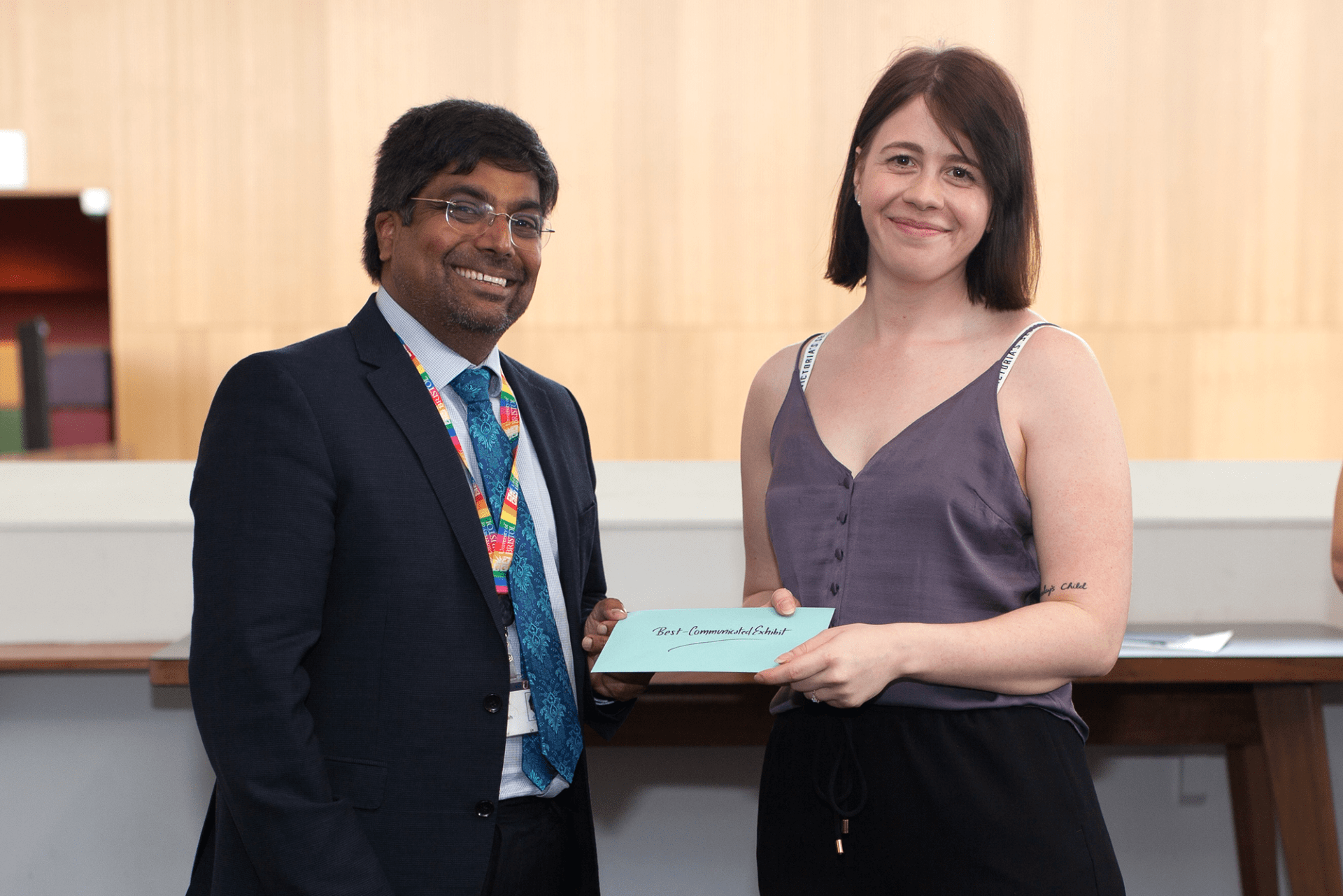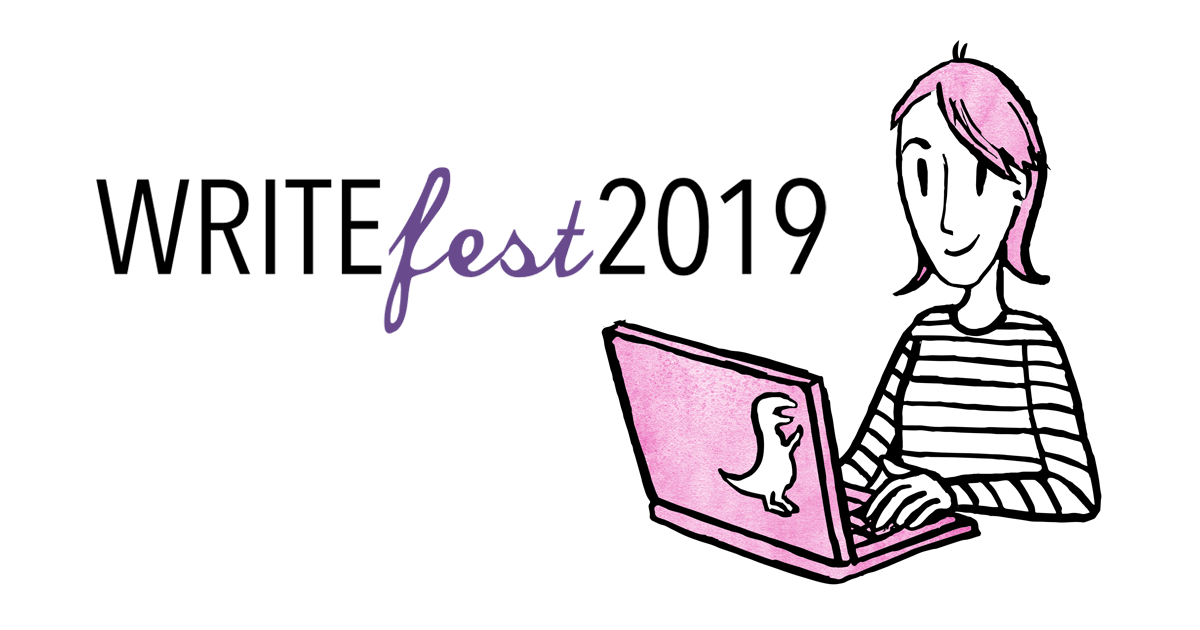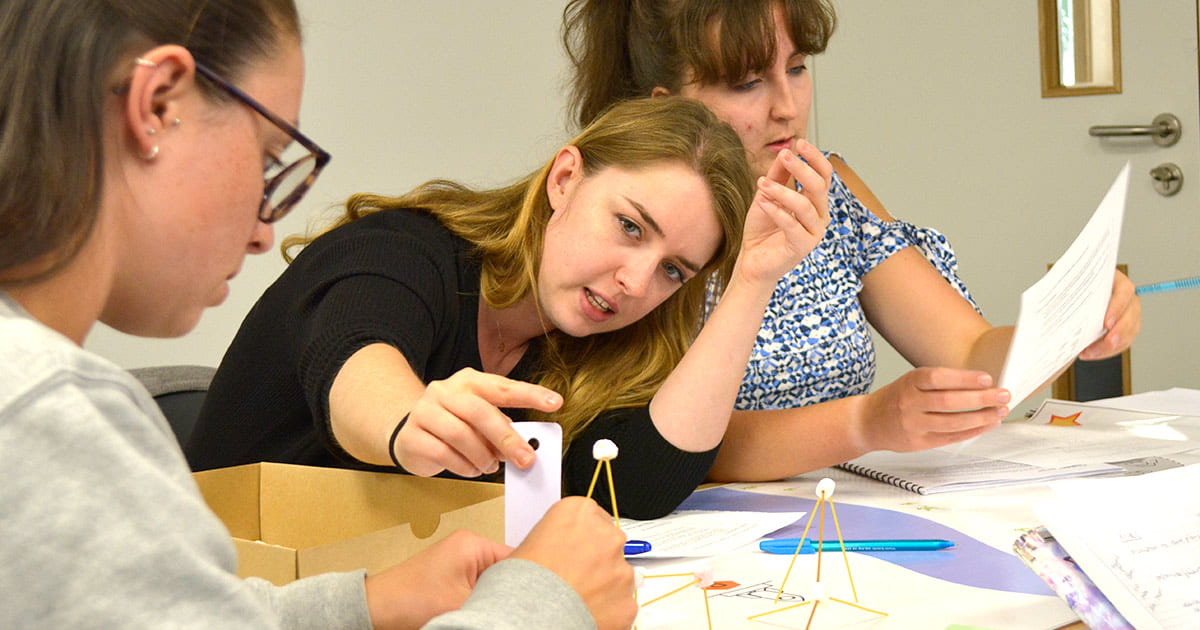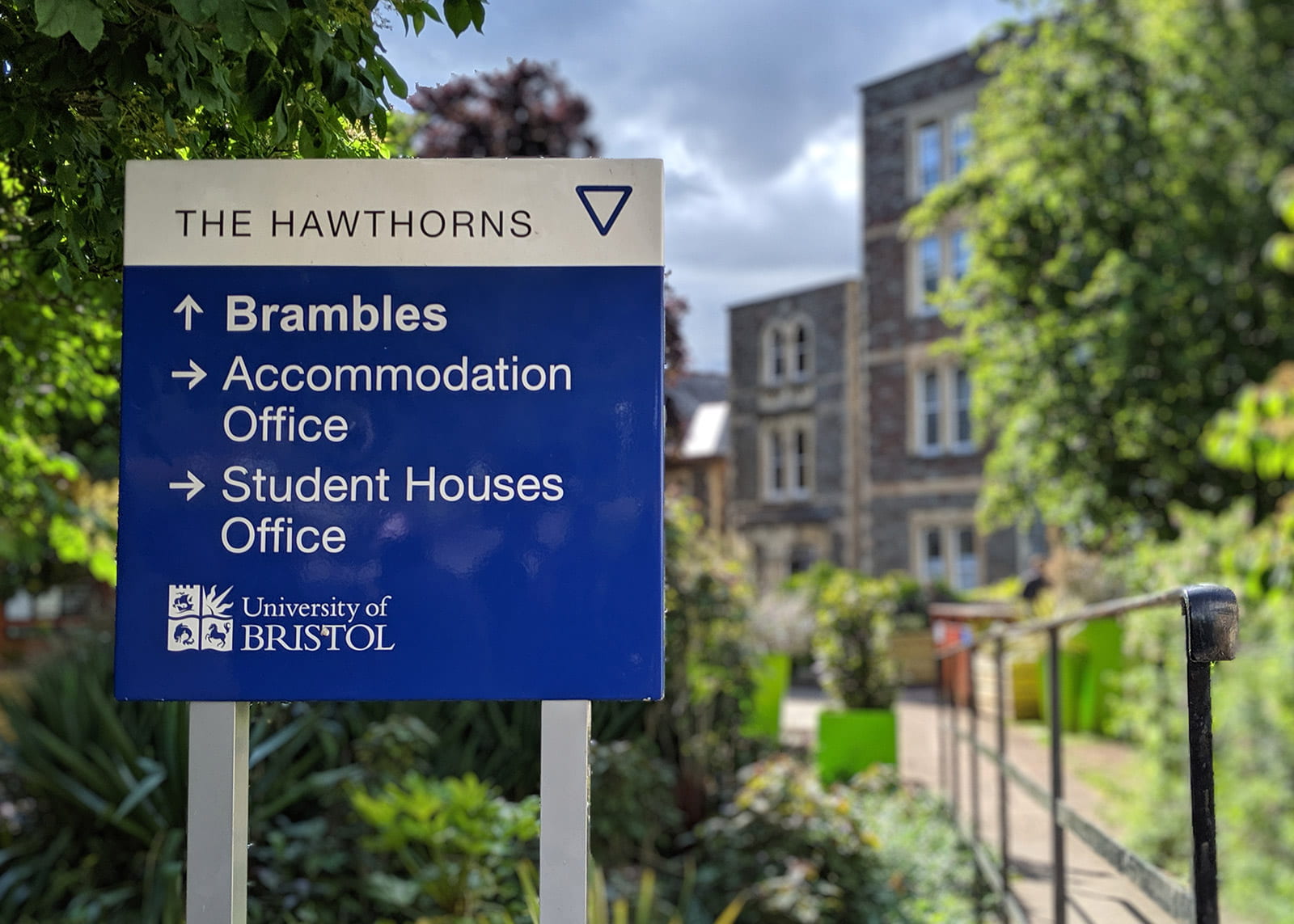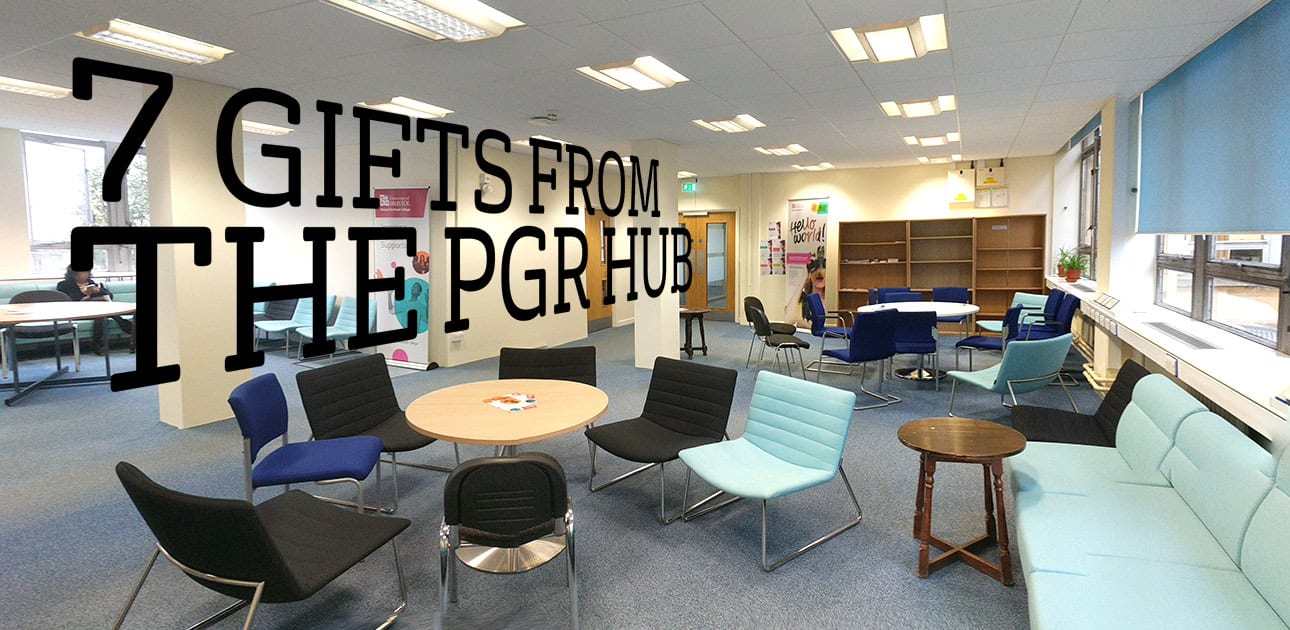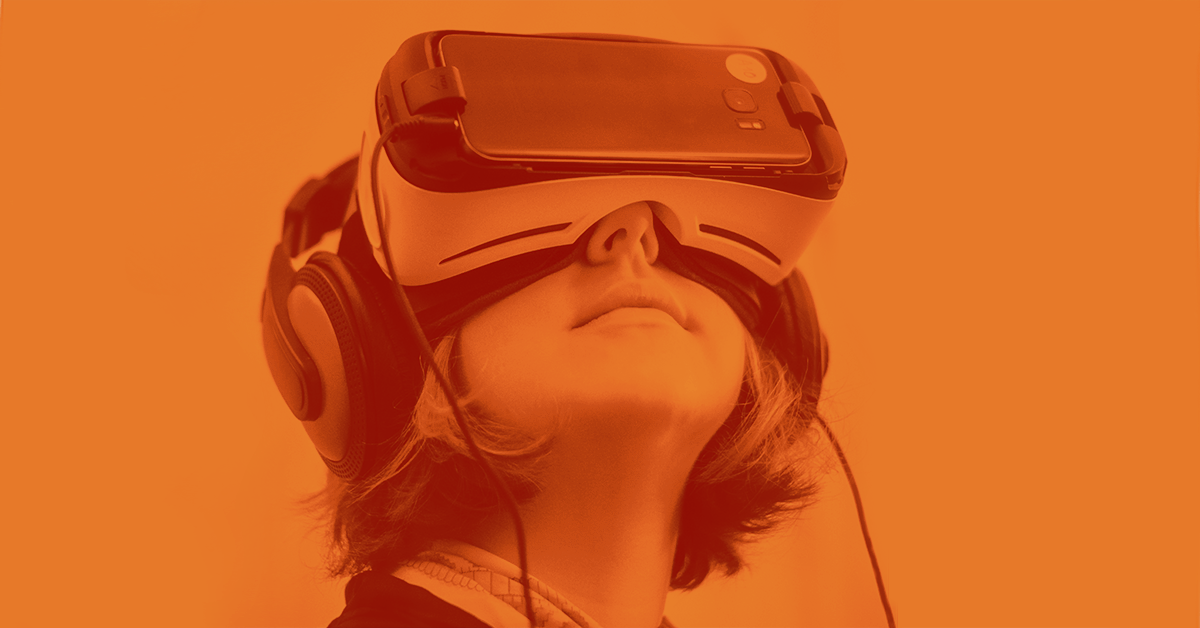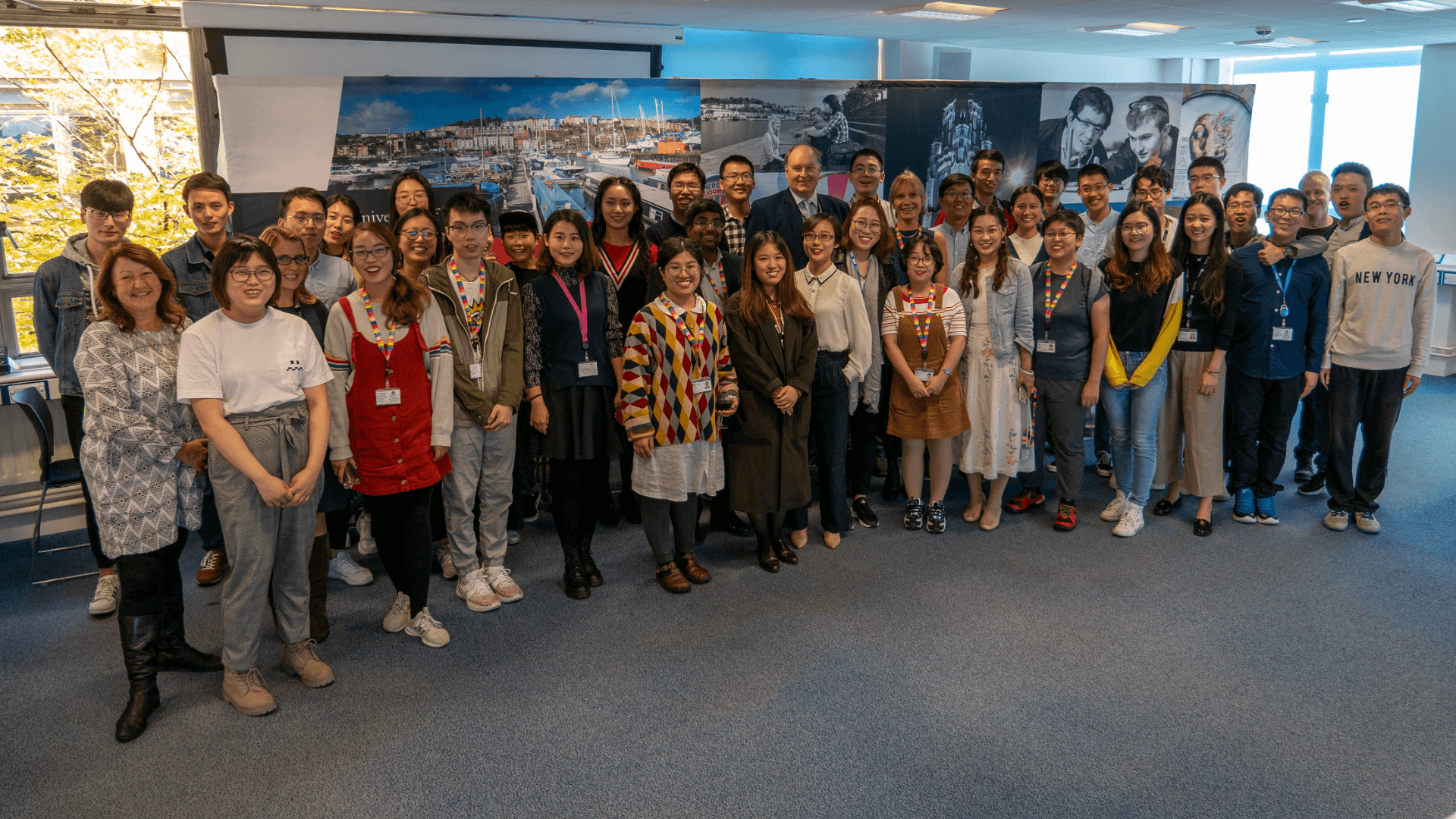If you’re taking part in a communication contest like Three Minute Thesis (3MT) — or even just sharing your research with an audience of non-specialists — how can you ensure that your presentation is accessible and engaging? And how can you adapt your approach for virtual environments?
Dr Elizabeth Mamali, Postgraduate Researcher Development Officer in the Bristol Doctoral College, shares her top tips in a post that originally formed part of the BDC’s training for the University’s 2020 3MT competition.
1. Your voice is your greatest strength — use it effectively
Your voice is a powerful tool in every presentation, but in a virtual environment in particular it becomes the most important part of your delivery.
Unlike face-to-face presentations, where stage presence can be an effective way of capturing your audience’s attention, in virtual presentations it is your volume, pace and pitch that are more likely to score you points for the ‘Engagement and Communication’ category of 3MT’s judging criteria.
Use volume to emphasise important parts. Quicken your pace to convey enthusiasm or urgency, and slow your pace when you introduce a new point.
Public speaking anxiety (and a burning desire to convey as much as possible about your research!) tends to make presenters talk too fast for the audience to absorb the information conveyed. Pay attention to your speech rate, a simple metric for how many words you speak per minute (wpm), and avoid going above the conversational speed of 120-150 wpm.
Lastly, avoid “ums” and instead pause. Strategic pauses prompt your audience to reflect on what you just said and enable them to follow what comes next. Used in the right way, a pause can have the same dramatic effect as a very loud noise.
2. Consider your language
You will be addressing a non-specialist audience, so opt for language that is neither subject-specific, nor replicating stilted conventions loved by academics all over the world such as Zombie nouns.
Language highbrow-ism — *pun intended* — has no place in the 3MT. As this excellent example of science communication demonstrates, it is possible to be technically accurate and accessible at the same time.
It is of course sometimes necessary and even interesting to use jargon in your presentation, but if you choose to do so you should devote time to explain the concept and why the audience should care. You may also set yourself a challenge: try to ensure that your three-minute talk is conducted within the 10,000 most-used words, which is not as easy as it sounds! Remember that language accessibility is part of the ‘Comprehension and Content’ marking category of the competition.
Last but not least, keep your sentences in active voice as this is more suitable for the spoken word and contributes towards reducing your wpm count.
3. Before you compete… warm-up!
Warming up before physical exercise is meant to prevent injuries and make the main workout more effective.
Warming up before your presentation has the same effect. If public speaking makes you anxious and you dread those minutes before you go on the stage (virtual or otherwise), one simple exercise to take you out of your misery is power posing.
Amy Cuddy, a social psychologist at Harvard Business School, argues that posing for two minutes in stances associated with confidence and power — lifted chest, arms high up or propped on the hips and head held up high — before you give a talk produces sufficient physiological differences in your body (increases in testosterone and reduction in the stress related cortisol hormone) to improve your performance. You can also try voice warm-up exercises to get your vocal cords rolling.
4. Don’t throw jelly at people
It is a given that during the 3MT you will need to communicate the significance and purpose of your research, and this will be assessed by judges under the ‘Comprehension and Content’ category.
How to go about communicating that is not straightforward, though — and researchers do have a tendency of explaining things in a way that doesn’t necessarily correspond to how the audience wants to hear them.
Communications specialist Andy Bounds identifies the practice of saying too many irrelevant stuff as a common barren communication tactic, equivalent to “throwing jelly” at people and hoping that something will stick.
Instead of trying to convey every piece of detail about your project, focus on the bigger picture of why we should care. The Thesis Whisperer, Inger Mewburn, refers to this as the helicopter view of your work: how could your research change the way we feel/think/act in the future? What could it help us create or build? It may be that your research only makes a small contribution towards some bigger change that might occur one day, but that doesn’t mean you should shy away from explaining that connection and using it to elevate your pitch.
5. You only get a single visual aid — get it right
The 3MT only permits you a single slide as visual aid, one with no transitions, animation or sound. The slide itself is part of what you will be judged upon under the ‘Engagement and Communication’ criterion, so it is important that you make it intrinsic to the presentation. Your visual aid doesn’t have to be complicated to be impactful.
No one demonstrates this better than Rosanna Stevens, the 3MT winner of the ANU College of Arts and Social Sciences final 2014, who used an empty white slide to illustrate “white” ways of doing things that white people fail to recognise as such. What this example teaches us is that whatever is in your slide should serve a purpose. For example, it might be that your visual explains something about your research to participants that your words can’t, help you explain the story of your project through a metaphor, or induce some humour in your presentation.
6. Stage your virtual presence (before the presentation)
Stage presence can be as important as content in face-to-face presentations and the 3MT is no exception. This is another aspect that will gain you points towards the ‘Engagement and Communication’ category.
But how do you create impact when your stage is your kitchen and you are no more than a 16-inch video on someone’s screen?
For starters, consider your surroundings. A quiet room (carpeted is ideal as you will avoid echoey sound!) and a neutral background will help the audience to focus on you only. If the latter isn’t possible, just make sure your space is tidy.
You should also take care with where you place your streaming device. Use boxes or books if needed so that your webcam is at eye level, if you are presenting seated, or high enough if you are presenting standing.
The last element of staging is the lightning. If it isn’t possible to use a room that receives good natural light then consider having a desk lamp directed towards you.
7. Stage your virtual presence (during your presentation)
There are also things that you can do during your presentation to improve your stage presence.
While it is counter-intuitive not to look at your video image while talking, to create impact you should look directly into your web-camera. This will make your audience feel like you are addressing and looking at them directly.
Another aspect to consider during your presentation is you hand movements. Whether you are sitting, or standing, don’t be afraid to use your hands as you would in a face to face presentation. Research suggests that presentations where hands do some of the talking are far more popular than those featuring idle hands.
Want to find out more about the University’s 3MT competition? Visit the Bristol Doctoral College’s Three Minute Thesis page.






